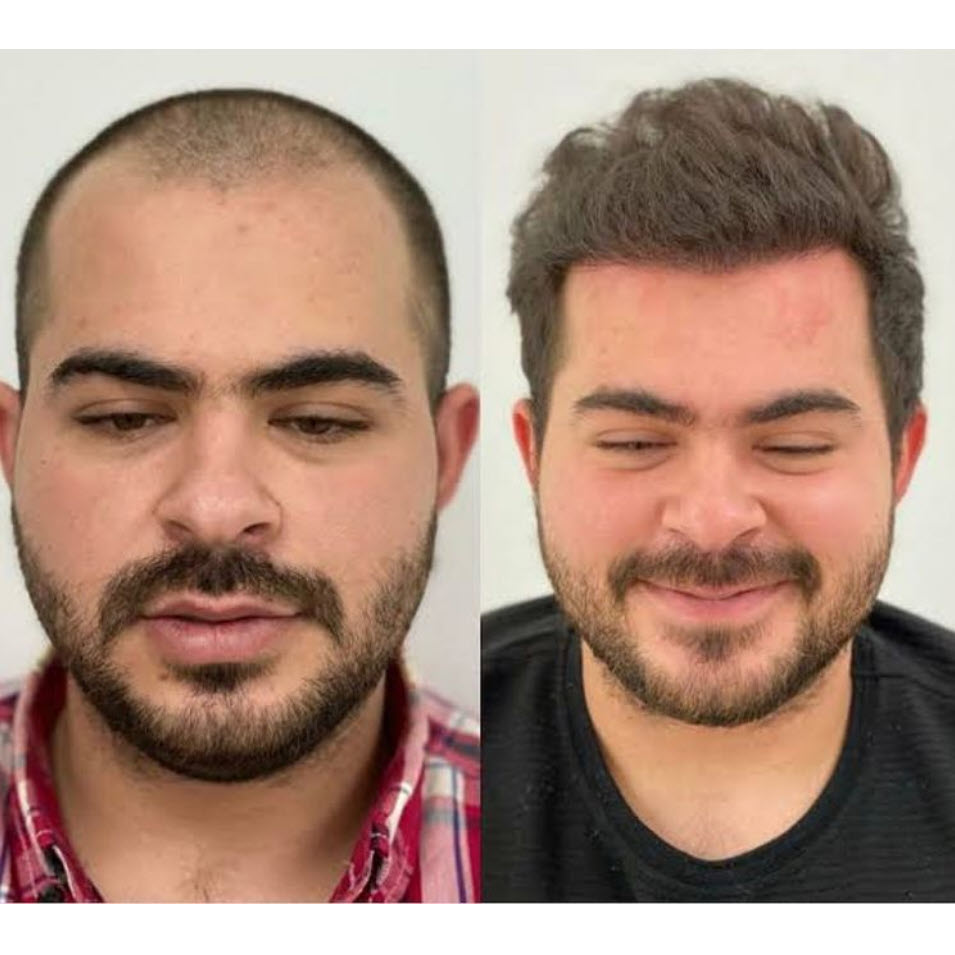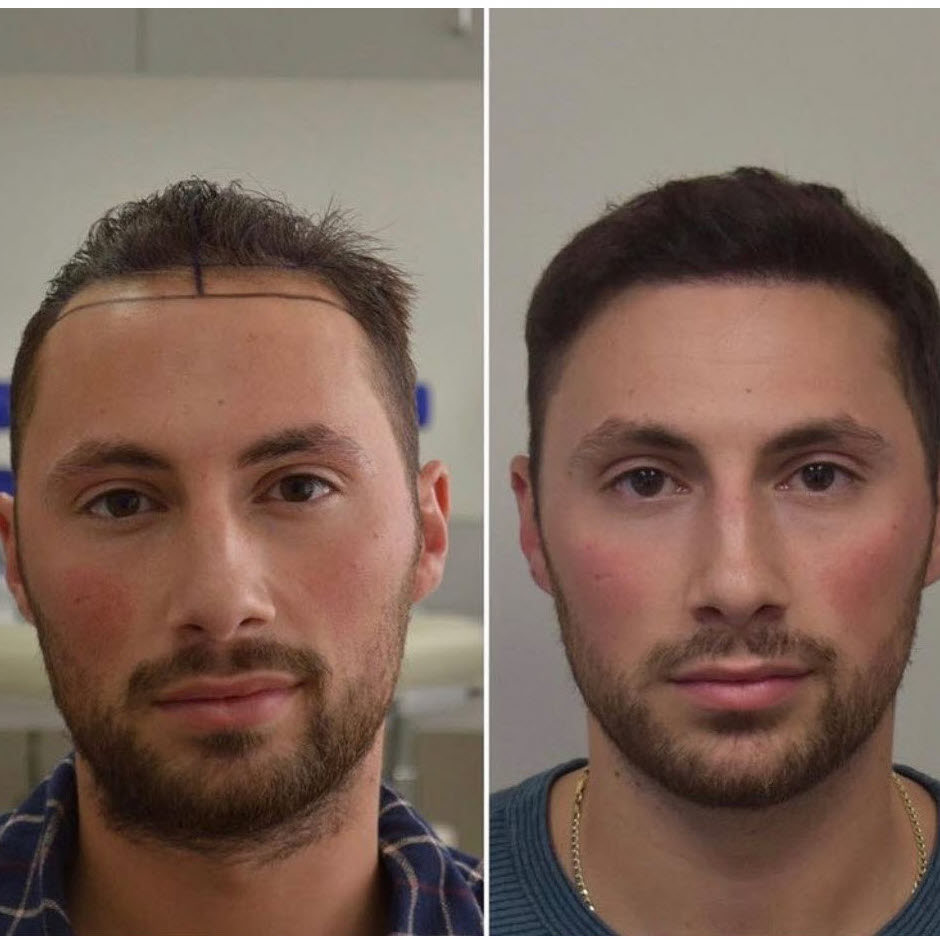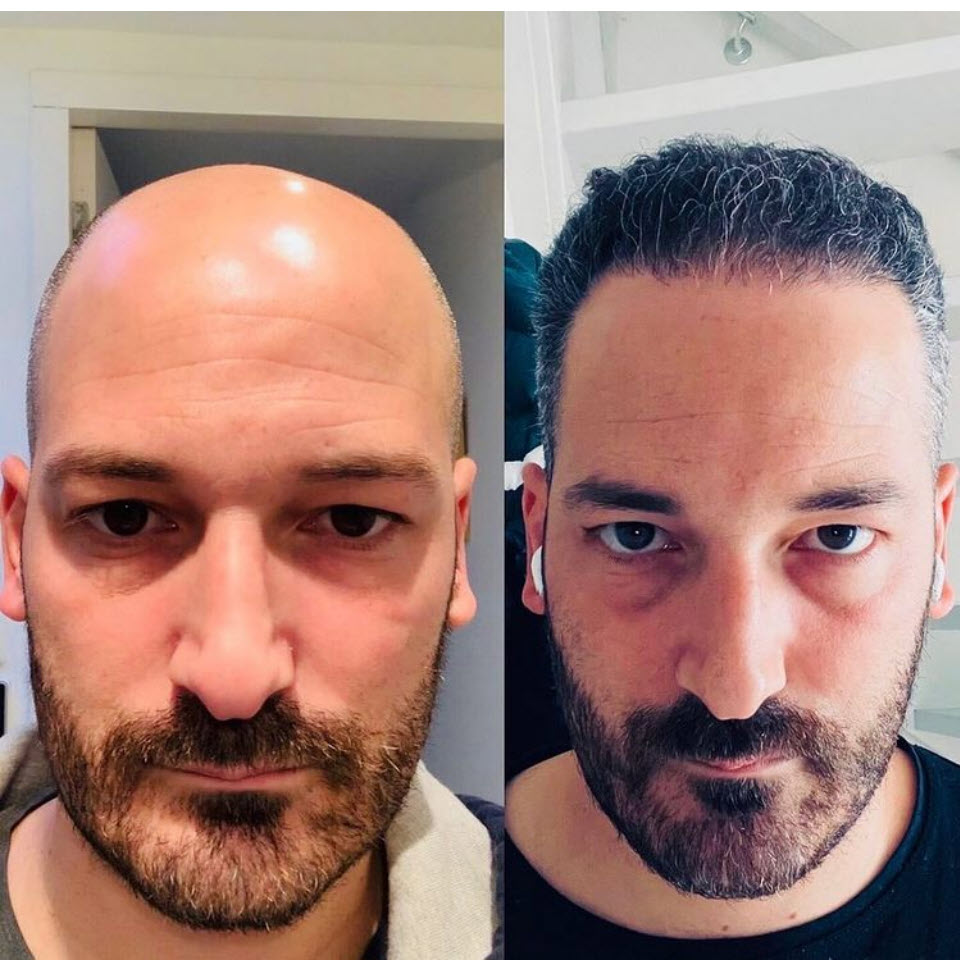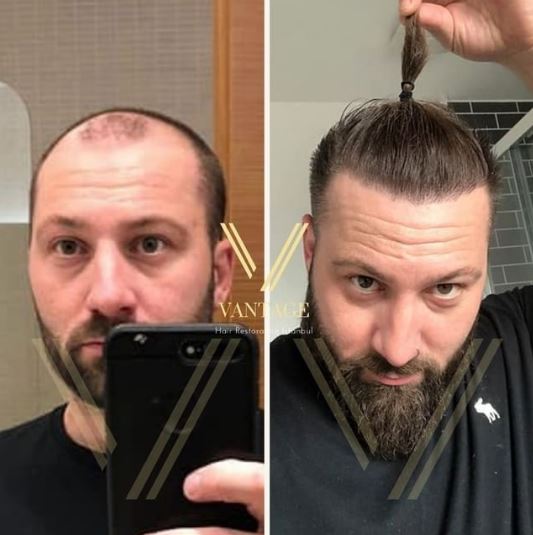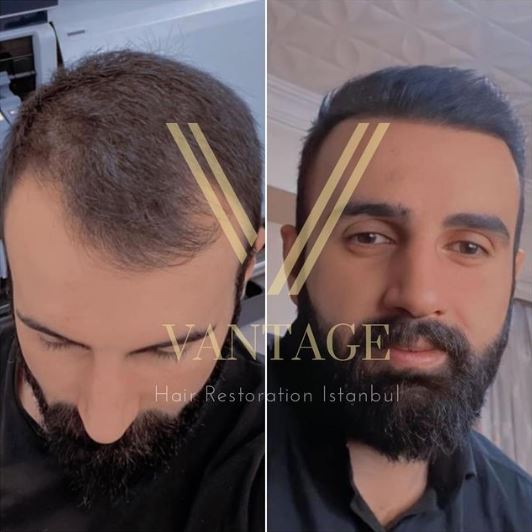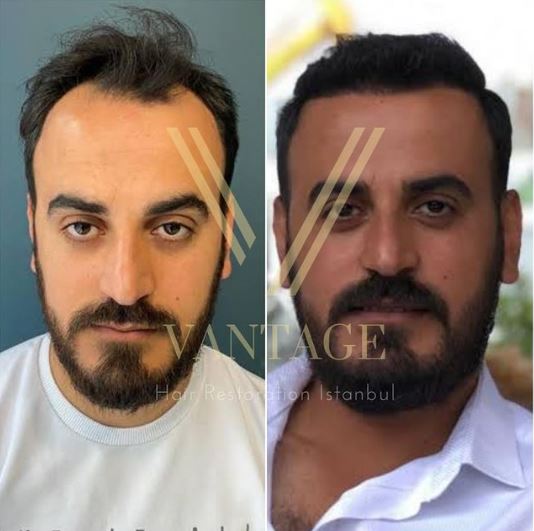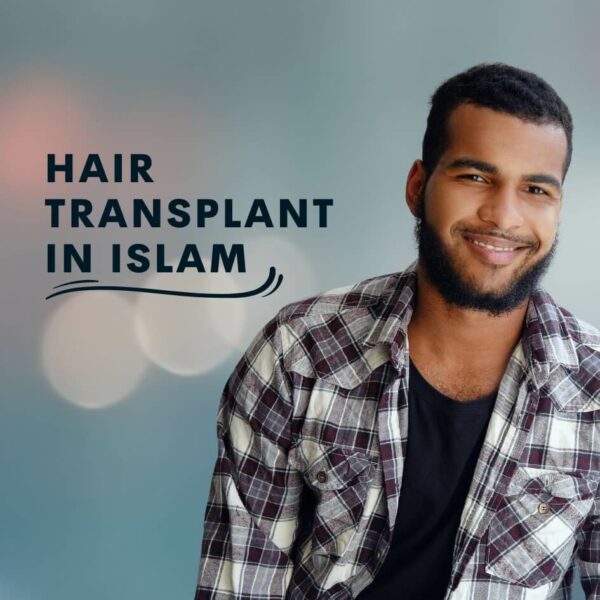
Hair transplant is a surgical procedure that involves transferring hair follicles from one part of the body, typically the back or sides of the head, to areas experiencing hair loss or thinning. In Islam, the permissibility of hair transplant has been a topic of discussion among scholars. There is no explicit mention of hair transplant in the Quran or the Hadith. As a result, opinions on the permissibility of hair transplant vary among Islamic scholars.
The Islamic Perspectives on Hair Transplantation
Islamic perspectives on hair transplantation can vary among scholars due to differing interpretations of Islamic teachings. Some scholars consider hair transplantation to be permissible in Islam. They argue that it falls under the category of permissible medical interventions aimed at restoring a person’s natural appearance and correcting physical abnormalities.
Other scholars express reservations about hair transplantation, primarily based on the principle of avoiding altering the natural order of Allah’s creation. They argue that modifying the hairline or implanting hair from other areas may be considered altering the creation of Allah and therefore forbidden.
Ethical Considerations in Hair Transplantation
Ethical considerations play an important role in determining the permissibility of hair transplantation in Islam. While opinions may differ among scholars, several key ethical factors are often taken into account.
One crucial consideration is the intention behind seeking a hair transplant. Scholars who express reservations about the procedure argue that if the intention is purely cosmetic, with the sole aim of enhancing one’s appearance without any underlying medical necessity, it may be deemed unnecessary and a potential alteration of the natural creation of Allah.
On the other hand, if the intention behind seeking a hair transplant is to address a physical abnormality or restore one’s natural appearance due to medical conditions like burns or accidents, the ethical considerations may differ.
Additionally, the overall societal and cultural context may also influence ethical considerations in hair transplantation. Scholars may take into account prevailing norms, expectations, and social pressures. If hair loss is perceived as a significant concern within a particular society or cultural context, scholars may lean towards a more permissive stance on hair transplantation.
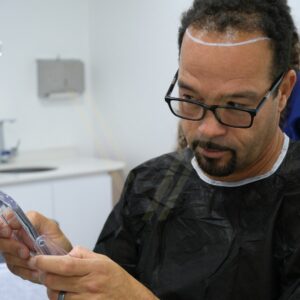
Fatwas and Opinions from Islamic Scholars
Fatwas Declaring Hair Transplant as Halal (Permissible)
While opinions on the permissibility of hair transplant may vary among Islamic scholars, there are several fatwas (religious rulings) that have declared hair transplant as halal (permissible) under certain conditions. Here are some examples:
1.The Islamic Fiqh Council of the Muslim World League: This council, which consists of renowned scholars from various countries, issued a fatwa stating that hair transplantation is permissible as long as it does not involve any forbidden substances, does not harm the body, and does not violate any other Islamic principles. www.themwl.org
2. The International Islamic Fiqh Academy: This academy, affiliated with the Organization of Islamic Cooperation, issued a fatwa stating that hair transplant is permissible if it is done for a legitimate purpose, such as rectifying a physical defect or restoring one’s appearance after an accident or injury. [Website: www.iifa-aifi.org]
3. Sheikh Muhammad Saalih al-Munajjid: A well-known Saudi Arabian scholar, Sheikh al-Munajjid, has stated in his fatwa that hair transplant is permissible, as long as it is done for a valid medical reason and does not involve any forbidden substances or procedures.[Website: www.islamqa.info]
Fatwas Declaring Hair Transplant as Haram (Prohibited)
While there may be differing opinions among scholars, it is important to note that the majority of fatwas regarding hair transplant do not declare it as haram (prohibited). The prevailing view is that hair transplant is permissible, as long as it meets certain conditions. However, it is worth mentioning that there may be individual scholars or minority opinions that consider hair transplant as haram. It is always recommended to consult with reputable scholars or religious authorities to seek guidance based on your specific circumstances.
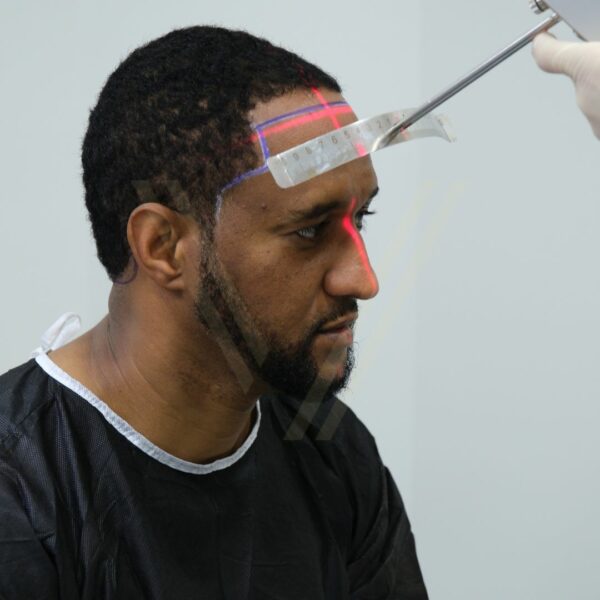
Cultural and Regional Variations in Hair Transplant Acceptance
Cultural and regional variations can indeed influence the acceptance and perception of hair transplant in Islam. The cultural and societal norms within a specific region or community can shape the general attitude towards hair transplant. Here are some points to consider regarding cultural and regional variations in hair transplant acceptance in Islam:
Cultural Beauty Standards
Different cultures have varying beauty standards and ideals. In some societies, having a full head of hair may be considered important for both men and women, while in others, it may be less significant. These cultural beauty standards can influence the acceptance and desirability of hair transplant within a particular cultural context.
Religious and Social Influences
The religious and social norms prevalent in a region can impact the acceptance of hair transplant. In conservative societies, there may be a greater emphasis on accepting one’s natural appearance as a sign of contentment and modesty. This can affect the perception of hair transplant, leading to varying levels of acceptance.
Medical Advancements and Awareness
Cultural and regional variations may also be influenced by the level of medical advancements and awareness in a particular area. In regions where medical facilities and technologies are more advanced, and where there is greater awareness of hair transplant as a viable medical procedure, it may be more widely accepted.
Accessibility and Affordability
The availability and affordability of hair transplant procedures can vary across different regions. In areas where access to specialized medical facilities and trained professionals is limited, the acceptance and prevalence of hair transplant may be lower.
Traditional Remedies and Beliefs
Some cultures may have traditional remedies or beliefs regarding hair loss or hair growth. These traditional practices or beliefs can influence attitudes towards hair transplant. In some cases, individuals may prioritize traditional remedies over medical interventions like hair transplant.
Hair Transplant and Personal Intentions
Personal intentions play a significant role in the ethical evaluation of hair transplant in Islam. The intention behind undergoing a hair transplant is a crucial factor to consider. Islam emphasizes the importance of sincerity and genuine motivations in all actions. If the intention is solely based on vanity or superficial reasons, without a valid purpose, it may be questioned ethically. Islam encourages believers to prioritize sincere intentions and to avoid actions driven by excessive pride or dissatisfaction with one’s natural appearance.
However, if the intention behind seeking a hair transplant is to address a physical abnormality, rectify the appearance after an accident or injury, or improve one’s self-esteem and overall quality of life, it may be seen as a valid intention. Islam recognizes the importance of preserving physical and psychological well-being, and seeking reasonable means to rectify physical conditions that cause distress. Additionally, improving self-confidence and mental well-being are also valued in Islam.
Conclusion
In conclusion, personal intentions play a crucial role in determining the ethical evaluation of hair transplant in Islam. While there may be differing opinions among scholars, it is important for individuals to reflect on their motivations and ensure that their intentions align with Islamic principles. Seeking a valid purpose, such as rectifying a physical abnormality or improving psychological well-being, can be seen as permissible. However, intentions driven solely by vanity or discontentment may raise ethical concerns. Consulting with knowledgeable religious authorities can provide further guidance and help individuals make informed decisions in accordance with Islamic teachings.

